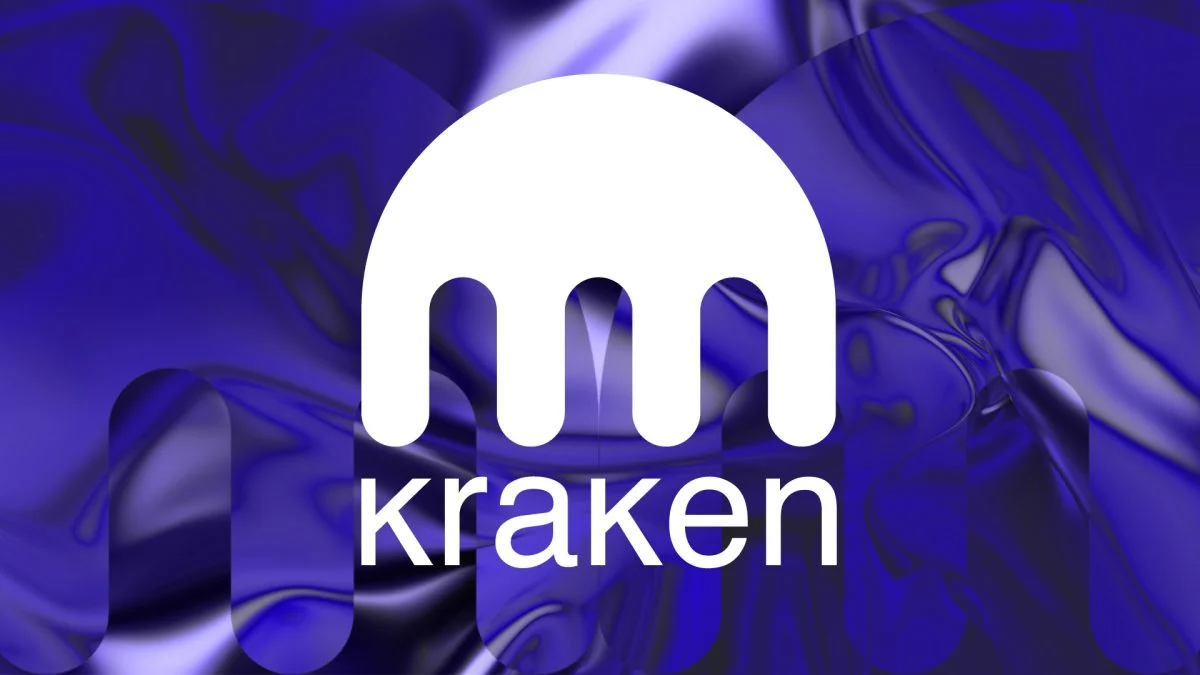Cryptocurrency exchange Kraken announced plans to delist five stablecoins, including Tether’s USDT, across Europe in response to new European Union regulations.
Kraken Aligns with MiCA by Delisting Stablecoins
Kraken will fully delist Tether’s USDT by March 31, following the EU’s Markets in Crypto-Assets Regulation (MiCA), according to an official statement from the exchange. Alongside USDT, Kraken will phase out support for PayPal USD, Tether EURt (EURT), TrueUSD (TUSD), and TerraClassicUSD (UST) for European users.
“These changes ultimately ensure Kraken remains compliant and is able to provide its exceptional trading experience to European clients for the long term,” the company stated.
Phased Delisting to Minimize Market Disruptions
To ensure a smooth transition, Kraken will implement a gradual delisting process in line with guidelines from the European Securities and Markets Authority (ESMA).
- February 13: Kraken will set all margin pairs involving these stablecoins to “reduce-only” mode for clients in the European Economic Area (EEA). This means users can only reduce or close existing margin positions.
- February 27: The affected tokens will enter “sell-only” mode, allowing EEA clients to trade but preventing new deposit addresses from being generated for tokens like USDT.
- March 24: Kraken will halt all spot trading for these assets, automatically closing open orders and converting remaining holdings into other cryptocurrencies or fiat currencies.
- March 31, 2025: Any remaining holdings of these stablecoins in EEA accounts will be converted into an equivalent stablecoin. Kraken also noted that any affected assets deposited to existing addresses after these deadlines will only be eligible for withdrawal.
Impact on European Users
Kraken clarified that the delistings will affect only clients within the EEA, which includes 30 countries such as Austria, Cyprus, Czechia, Malta, Portugal, Spain, and Sweden.
By proactively adjusting its platform, Kraken aims to stay compliant with MiCA regulations while minimizing disruption for European clients.
